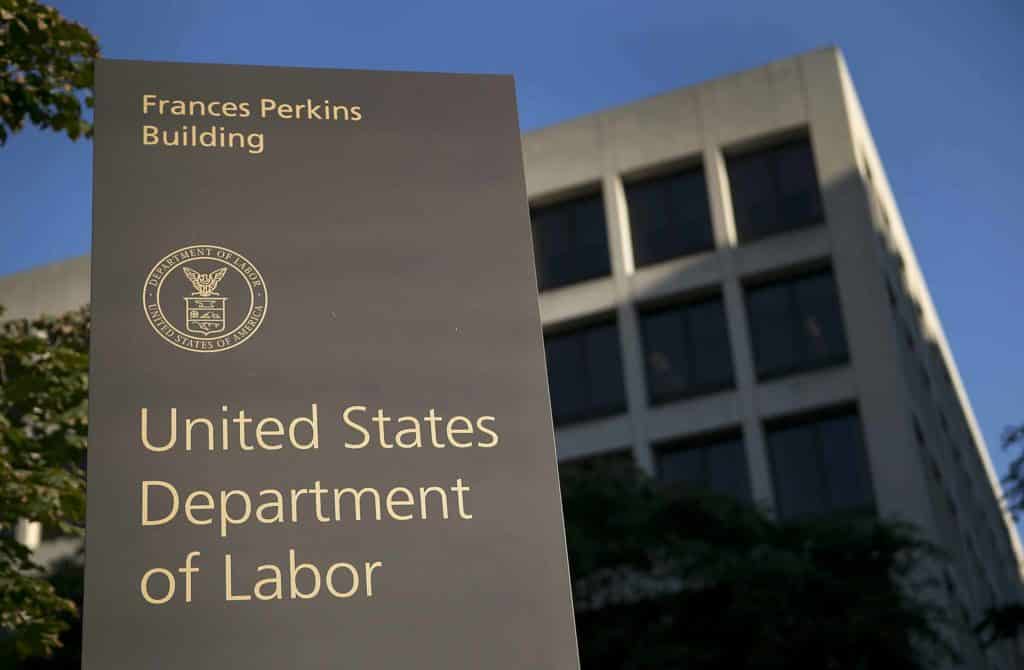
The FLSA provides for a federal minimum wage, a standard 40-hour workweek, and pay at time-and-a-half for all overtime hours. The law also includes several exemptions under which certain employees are not entitled to overtime pay. Currently, for most exemptions, in addition to meeting a duties test an employee must be paid on a salary basis at least $455 per week ($23,600 annually). The new regulations nearly double that minimum salary to $913 per week ($47,476 annually). The minimum annual compensation for the “highly compensated” exemption has increased from $100,000 to $134,004. These amounts will be adjusted every three years, beginning on January 1, 2020, to keep the minimum salary level at the 40th percentile of earnings of full-time salaried workers in the lowest-wage Census Region (currently the South), and the highly compensated minimum annual compensation to the 90th percentile of full-time salaried workers nationally.
The new regulations also change the salary basis test to allow employers to use nondiscretionary bonuses and incentive payments (including commissions) to satisfy up to 10% of the new minimum salary level.
There is a common misconception that payment of a salary is the only requirement to avoid overtime pay obligations. This is wrong as there are other mandatory requirements: in order to be exempt from overtime, the employee also must perform duties that meet certain tests set forth by the DOL. For example, to qualify as an exempt “executive” an employee, in addition to being paid a salary, must (i) have the primary duty of management of the business or a department, (ii) customarily and regularly supervise at least two other full-time employees, and (iii) have authority or significant influence over decisions to hire or fire. Under current economic conditions many employers have reduced staff without consideration of the requirement that the exempt employee must supervise at least two other full-time employees. Supervision of workers furnished by a temporary labor agency or workers from another company, such as a subcontractor, does not meet the requirement.
Another misconception is that payment of a minimum wage under a Davis Bacon Act or Service Contract Act wage determination is sufficient. However, all employers—even those with federal contracts—must comply with the FLSA.
You should begin to analyze your work force now so that you are prepared to comply with the new regulations by December 1, 2016. There are several options to consider in determining how best to bring your company into compliance. If you have employees who are close to the new salary threshold you may want to track their time so that you can compare the cost of increased salary to reclassification and payment of overtime. Importantly, for all non-exempt employees, including those who will become non-exempt under the new FLSA regulations, you must carefully track their time worked, including time spent working outside of the office engaged in work tasks such as checking emails and answering phone calls. You cannot deduct time for a lunch period unless it is at least 30 minutes long and the employee performs no work during the break. All work is compensable for non-exempt employees and is included in the 40-hour-per-week overtime threshold.
Notably, these regulatory changes will provide an opportunity to reclassify employees whose duties may not meet the non-salary exemption requirements without drawing undue attention to the issue.
You should consult with a labor and employment law attorney to make sure your business is in compliance with these new rules.

